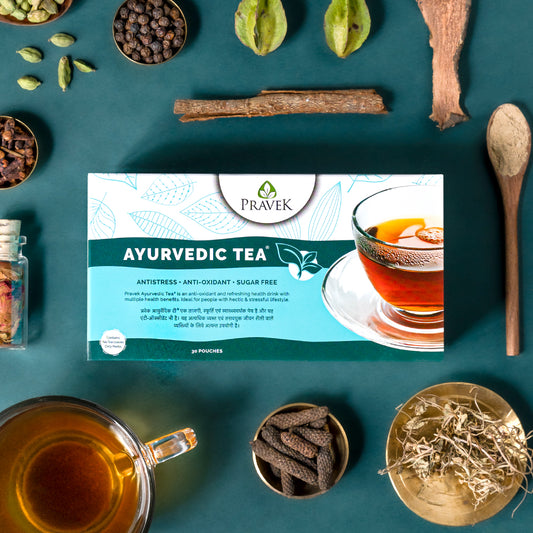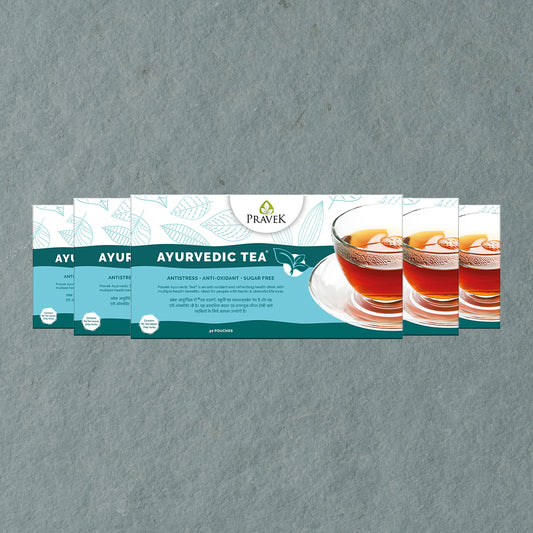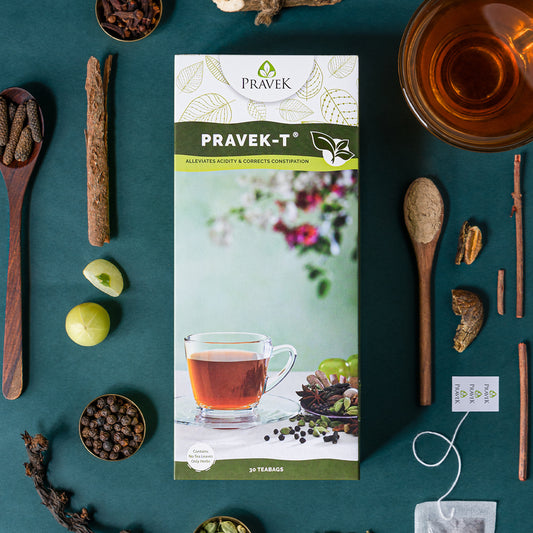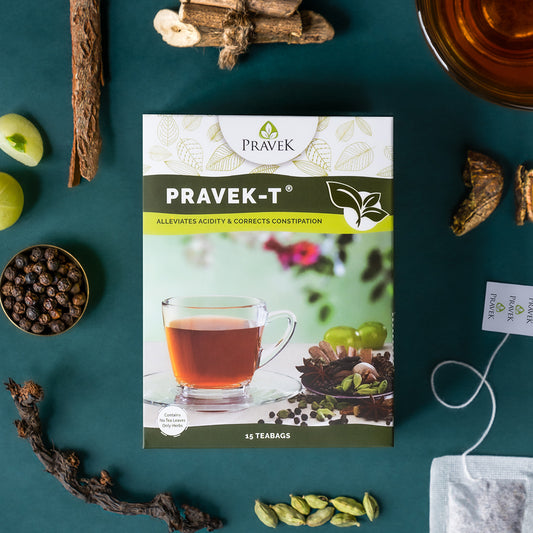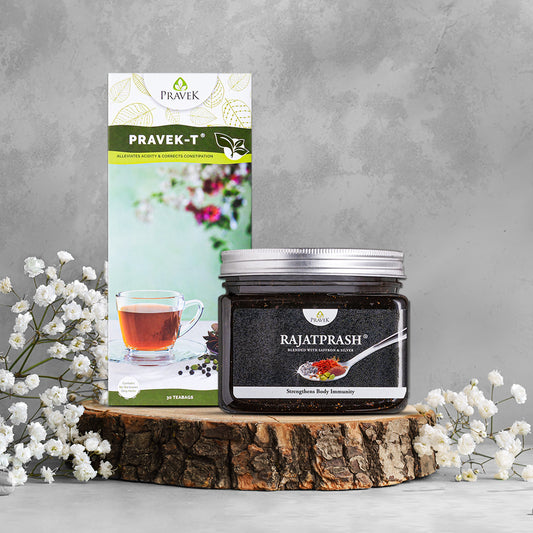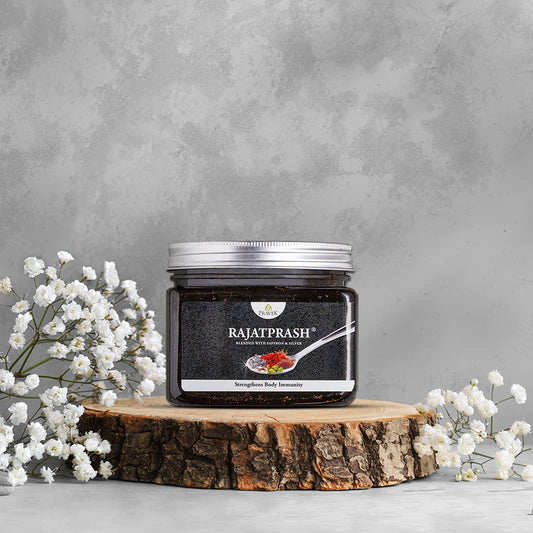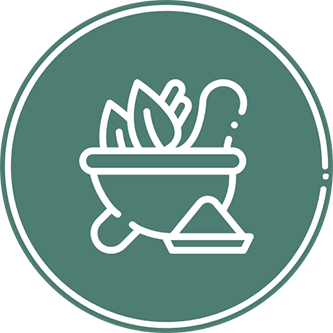Why is Herbal Tea used in Ancient Ayurvedic Practices
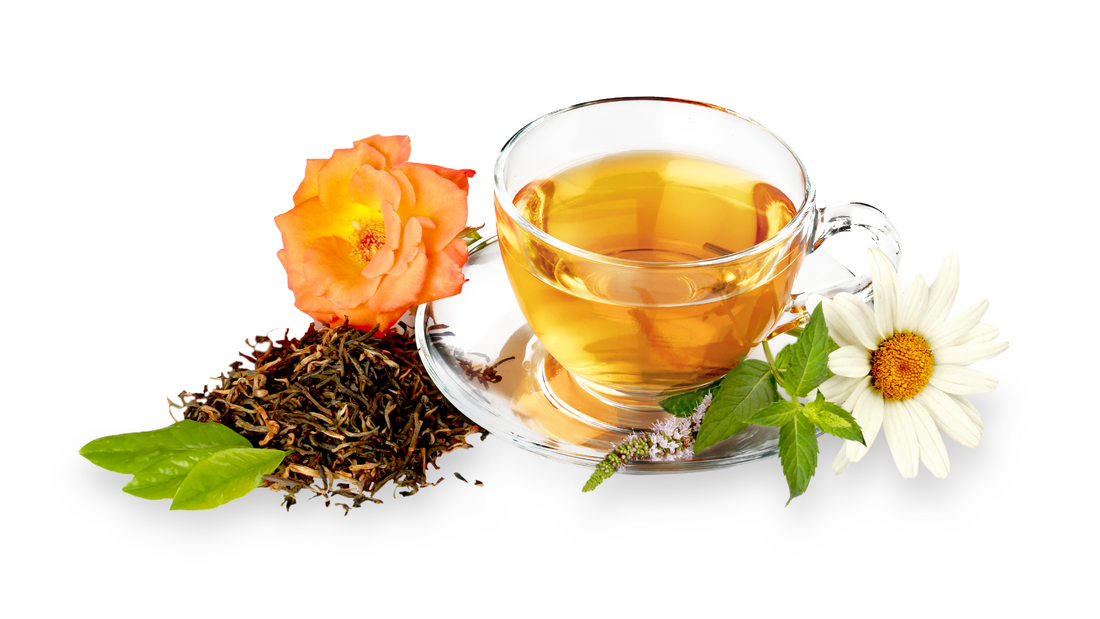
Table of Contents
Popular Ayurvedic Herbs and Their Traditional Benefits
How to Prepare an Ayurvedic Herbal Tea:
Conclusion
Disclaimer
The content of this blog is for informational purposes only and should not be considered a substitute for professional advice. We are not liable for any actions taken based on the information provided. For specific advice or concerns, please consult a professional.
This page may be automatically translated by Google. We are not responsible for any translation errors or variations in meaning.
Most Recent Posts







